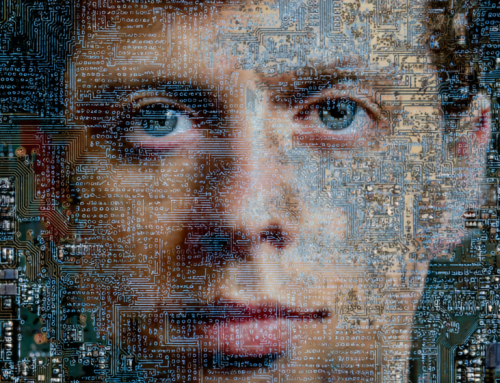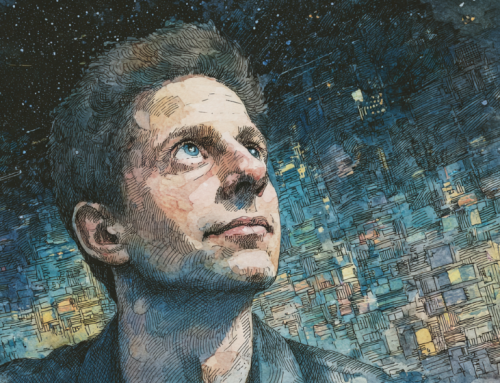
RIAA Chairman and CEO Mitch Glazier stated that while the music community is embracing AI and collaborating with responsible developers to create sustainable AI tools that empower artists and songwriters, unlicensed services like Suno and Udio, which exploit artists’ work without consent or payment, undermine the potential for genuinely innovative AI. (Source: Image by RR)
Recording Industry Group Targets Mass Copyright Infringement by AI Music Companies
The Recording Industry Association of America (RIAA) has filed two significant copyright infringement lawsuits against AI music generation services Suno and Udio, alleging that these companies used copyrighted sound recordings without permission to train their AI models. The lawsuits, filed in federal courts in Massachusetts and New York, aim to halt the unauthorized use of these recordings and seek damages for the infringements. The RIAA emphasizes that while the music industry is open to collaborating with responsible AI developers, Suno and Udio’s unlicensed practices undermine the promise of innovative AI tools that respect artists’ rights. Music companies like Sony Music Entertainment, UMG Recordings, and Warner Records are among the plaintiffs in these cases, reflecting the broad impact of the alleged infringements on artists across various genres and eras.
The core of the allegations, according to a story in riaa.com, involves the unlicensed copying and ingestion of vast amounts of copyrighted sound recordings by Suno and Udio to train their AI models. This practice, according to the complaints, saturates the market with AI-generated music that competes with and devalues genuine human-created works. The RIAA argues that such actions erode the value and integrity of the plaintiffs’ copyrighted sound recordings and undermine the ethical development of generative AI systems. The lawsuits seek court declarations of infringement, injunctions to prevent future unauthorized use, and financial compensation for past infringements.
The music community has rallied behind the RIAA’s efforts, with various organizations and industry leaders expressing support for the lawsuits. They highlight the importance of protecting the rights of artists and ensuring that AI development is conducted responsibly. For instance, the American Association of Independent Music, the American Federation of Musicians, and the Artist Rights Alliance have all voiced their backing, emphasizing that unauthorized use of music for AI training without proper compensation and consent is detrimental to the industry and its creators.
The broader implications of these cases extend to the future of AI in the music industry. While there is recognition of AI’s potential benefits, the RIAA and its supporters stress that any use of AI must respect copyright laws and the contributions of human artists. The lawsuits against Suno and Udio are seen as a critical step in setting legal precedents that ensure AI technologies develop in a manner that supports, rather than exploits, the creative community. This includes calls for more stringent regulations and ethical standards in the deployment of AI systems in creative fields.
read more at riaa.com







Leave A Comment